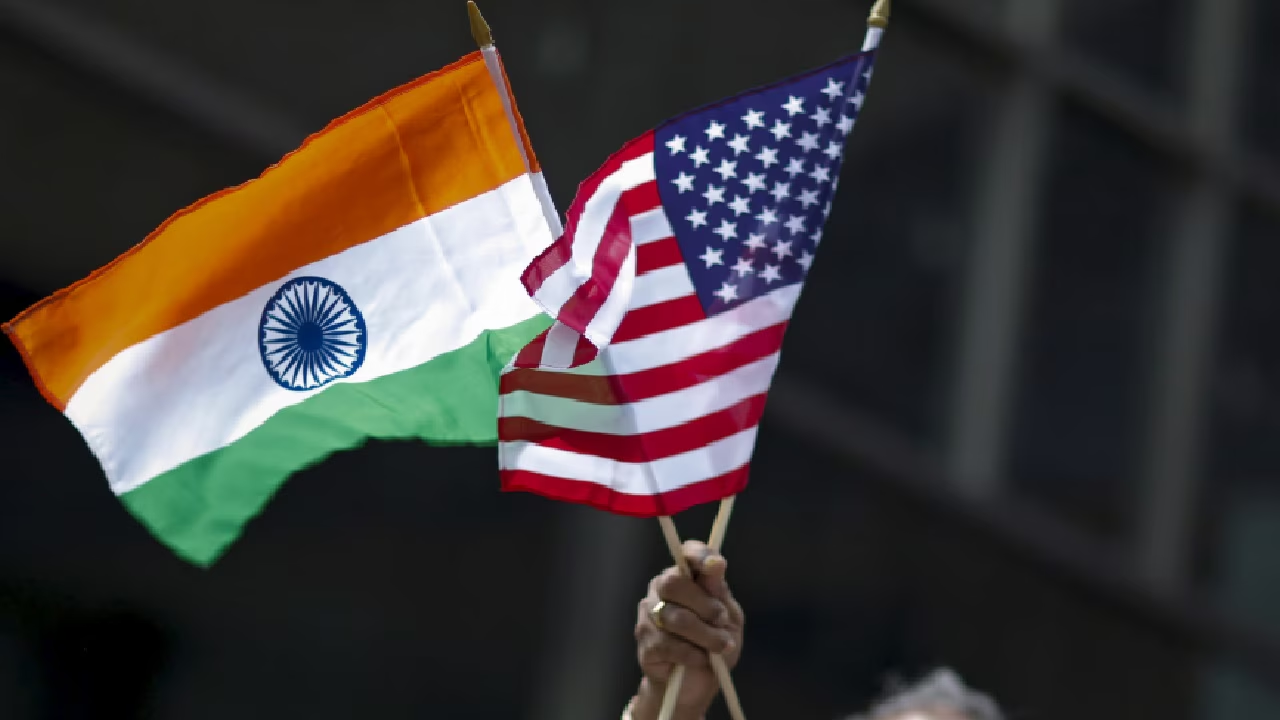India’s Tariff Cuts: A Strategic Shift Amid Trade Tensions

In a significant move ahead of Prime Minister Narendra Modi’s meeting with U.S. President Donald Trump, India has announced a reduction in tariffs on select American products, including Bourbon whiskey and motorcycles. This decision comes at a time when India faces mounting pressure from the U.S. regarding its trade policies, particularly as Trump has labeled India a “tariff king.” As the global trade landscape shifts, experts are questioning whether this could mark a turning point for India’s economy, which has historically relied on protectionist measures.
Economic Crossroads: The Need for Reform
India has a long history of implementing economic reforms during times of crisis, with the most notable instance occurring in 1991 when the country embraced liberalization amid a severe financial downturn. Today, as the U.S. engages in a tariff war that has disrupted global trade, India finds itself at another critical juncture. The question arises: will India seize this opportunity to reduce its protectionist stance and further integrate into the global economy, or will it retreat into isolationism?
Currently, India’s trade-weighted import duties average around 12%, significantly higher than the U.S. (2.2%), China (3%), and Japan (1.7%). These elevated tariffs not only inflate costs for companies reliant on global supply chains but also lead to higher prices for Indian consumers on imported goods. Despite a rise in exports, primarily from the services sector, India continues to grapple with a substantial trade deficit, holding only a 1.5% share of global exports. The urgency for reform has never been more pronounced.
Recent Tariff Reductions and Trade Negotiations
In a proactive step, India unilaterally lowered tariffs on several U.S. products last month, just before Modi’s meeting with Trump. Commerce Minister Piyush Goyal has made multiple trips to the U.S. to negotiate a potential trade deal, especially in light of Trump’s threats of retaliatory tariffs set to take effect on April 2. Analysts from Citi Research estimate that India could face losses of up to $7 billion annually due to reciprocal tariffs, particularly impacting sectors such as metals, chemicals, and jewelry.
Goyal has urged Indian exporters to adopt a more confident approach in global markets, moving away from a protectionist mindset. Additionally, India is actively pursuing free trade agreements with several nations, including the UK, New Zealand, and the European Union. In a surprising collaboration, Indian telecom giants Reliance Jio and Bharti Airtel have partnered with Elon Musk’s SpaceX to launch satellite internet services in India, showcasing a willingness to engage with global players.
Challenges and Opportunities Ahead
India’s rapid economic growth in the late 1990s and early 2000s was largely attributed to its gradual integration into global markets, particularly in sectors like pharmaceuticals and software. However, recent years have seen a shift towards protectionism, which many economists argue has hindered the success of Modi’s “Make in India” initiative. High tariffs have discouraged investments in efficiency and allowed established companies to maintain market dominance without facing significant competition.
As India contemplates its future in global trade, experts suggest that reducing tariffs could position the country as a regional leader, attracting trade and economic activity from various global powers. This shift could also create much-needed jobs, particularly in manufacturing, which is essential for absorbing the large pool of unskilled workers in the country. While India’s service sector thrives, the challenge remains to provide meaningful employment opportunities for those lacking the necessary skills for service jobs.
Navigating Trade Risks and Future Prospects
However, reducing tariffs is not without its risks. Concerns about potential dumping of cheap foreign goods, particularly from China, could harm domestic industries. Experts advocate for a balanced approach, suggesting that India should consider a universal reduction in tariffs while implementing non-tariff barriers specifically against proven dumping from China.
Observer Voice is the one stop site for National, International news, Sports, Editor’s Choice, Art/culture contents, Quotes and much more. We also cover historical contents. Historical contents includes World History, Indian History, and what happened today. The website also covers Entertainment across the India and World.

